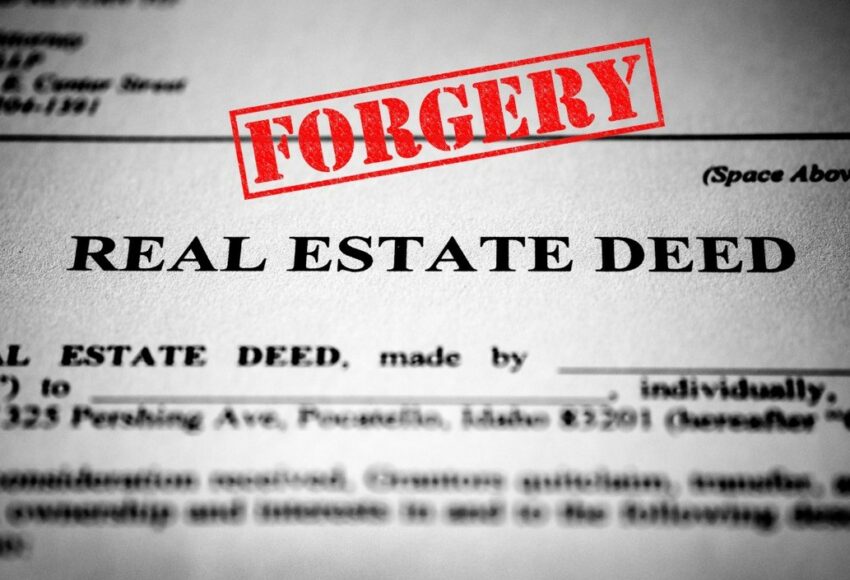Even for seasoned experts, selling real estate is a complex undertaking and a potential legal labyrinth. If due diligence is not done, agents and their brokers can face unexpected and unwelcome legal trouble.
The Claim
A buyer found an MLS listing that suited his requirements for a “horse property” real estate purchase. The listing was for a 3.9-acre lot with access to a flowing creek and was zoned for horses. The sale price was $255,000, and the deal concluded with the buyer becoming the new property owner.
While doing maintenance on his property, he was surprised when his new neighbor shouted at him, “Get off my land!” Immediately after the incident, the buyer reviewed his purchase documents, which indicated a 3.9-acre parcel; however, there was no supporting recent land survey data.
When the buyer ordered a current survey, it showed the actual property size was only 2.6 acres. Additionally, the land did not extend to the nearby creek, nor did it have any other “water features” (e.g. creek, stream, or pond) that were represented by the seller and listing agent.
The buyer hired a lawyer and asked for a total of $50,000 plus legal fees to waive any rights against the sellers, real estate agents, and brokers. He claimed that this 1.3-acre difference in the size of the property and the lack of legal access to the nearby waterways made the land much less valuable.
What Went Wrong
The sellers misrepresented the property’s size and water features’ availability to their selling agent. Because such claims are covered by “strict liability” laws, the buyer does not need to show that the seller knew their promises were false or deceptive to win. The buyer merely needs to show that the information in question was false, misleading, or deceptive.
The agent did some due diligence but fell short by not ordering a new land survey. He looked at the county’s open records, which showed that the property was 3.9 acres, and also found that the land size is shown as 3.9 acres on the current tax bill.
Since the seller had owned and lived on the property for 54 years, it makes sense that there was no recent survey to look into further. In this case, it seems reasonable to assume that the information in county records and tax bills about the property size is correct. But buyers can still sue them for professional liability if the selling agent or broker relies on such old information without checking it carefully.
A land survey was suggested in the sales contract, but both the buyer and seller chose against it. A survey could have avoided the lawsuit or caused a renegotiation of the deal. Nevertheless, survey or not, the seller is still at fault for providing misleading information. In these situations, commissioning a survey is prudent.
This is an excellent example of how professional liability insurance is real estate agents’ first line of defense. It safeguards against errors and omissions, which in this case led to a $50,000 judgment plus legal expenses that could cause significant financial and reputational harm.
Safeguarding your business from such perils requires a broad E&O professional liability insurance policy. It protects you from paying potentially disastrous legal fees and settlement costs when real estate deals turn sour. These things cause lawsuits against agents who may have thought they did everything right, as in this case.
Are you interested in PBI Group generating an E&O insurance quote for your real estate agency? Click here.






